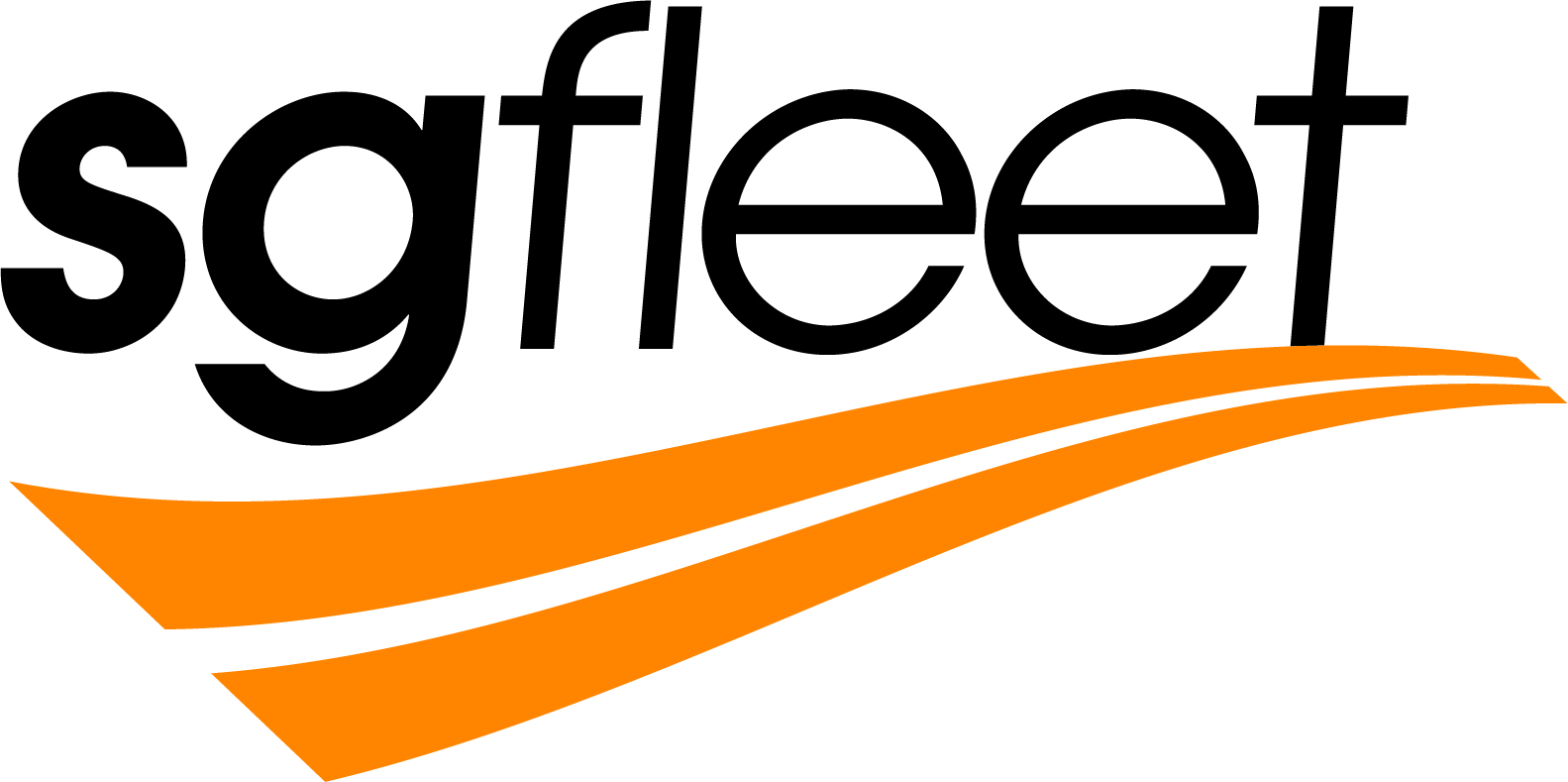
The value of risk management
For your fleetA significant number of Australians continue to experience COVID-19 lockdowns in 2021 as authorities work to keep the Delta strain of the virus under control. The financial costs that come with locking down a state (or parts of it) are significant, with economists estimating the cost of the NSW lockdown to be more than $7 billion and as much as $2.5 billion in Victoria.
These figures are based on lost consumer spending – literally, where people would have spent their ‘hard-earned’ cash by doing things like eating in restaurants, buying new appliances for their home, or taking a weekend trip to a country town.
The national economic shock can impact businesses of all shapes and sizes. Without planning to minimise the risk that potential disruptions (not just of the COVID-19 kind) pose to the way we do business, the costs to your organisation could go way beyond just lost sales or revenue.
While risk management is a company-wide initiative, for fleet managers specifically, to the strategy of vehicle leasing is a proven way to minimise some of the risks that a business could face when unforeseen disruptions occur. Buy your fleet vehicles and significant risk sits with you and your organisation. Lease your fleet vehicles and most of the risk sits with your leasing provider instead.
Here’s how leasing and risk mitigation go hand-in-hand.
Financial risk management
There are a number of ways that leasing, as opposed to owning a fleet of vehicles, reduces financial risks businesses face.
Even though you may be able to negotiate a great price through a dealer, having the capital on hand to purchase new vehicles is a headache for many organisations. Leasing your fleet allows you to get your hands on new vehicles sooner, without having to outlay large sums of money.
Because your leasing partner secures the vehicle for you, your organisation only needs to come up with a fraction of the full purchase price to drive it off the dealer’s lot, which places less stress on your cash-flow position, leaving you better prepared to deal with a lockdown or any other kinds of unforeseen business interruptions.
Leasing is also an excellent way to minimise the risk of interest rate fluctuations on your business’ bottom-line. When entering into a lease, the interest rate charged is fixed for the lease term, not variable like a mortgage. While there are other calculations that affect how you can minimise the cost of a lease, minimising the risk of an interest rate increase gives you greater budgeting and planning certainty by knowing that your fleet’s payment amounts will not increase.
Calculating accurate depreciation and resale figures are major risks for companies who run vehicle fleets, probably even more so in the current climate. Leasing vehicles removes the risk of copping significant losses at the end of the vehicle’s life, shifting that responsibility to your leasing partner. At the end of the lease term, you simply hand back the keys, and your lease partner is responsible for what happens next, not you.
A leasing company can also help you identify when it’s the right time to upgrade vehicles in your fleet and get the best bang for your leasing dollar. Fleet leasing experts have the resources available – the people and the analytical data – to truly understand the value of vehicles across their lifespan. They can also help guide you through new vehicle supply challenges.
When a lease is established, it incorporates up-to-date market insights, safety, maintenance, repair costs and other factors to ensure you’re replacing vehicles when they’re still in their ‘sweet spot’ (i.e. before it starts costing more to run the vehicles than taking on newer models, and while there’s still strong demand for the vehicle in used markets).
People and risk management
One of the things that can sometimes be overlooked is having a good policy for fleet or company vehicles in your organisation. In the case of company cars, they’re no different to your obligations to provide a safe working environment for on-site employees. Not addressing these risks could leave you and your business liable for criminal and financial penalties.
The COVID-19 pandemic is going to etch some lasting changes into the way we work and the way we do business. With this in mind, it’s the perfect time to address what kind of risks your business may be exposed to, and how you can put policies in place that enable your business to adapt to changes and unforeseen problems better than you may already be doing.
Partnering with a leasing expert enables you to tick off your safety commitments and ensure you are minimising many of the risks that come with having a fleet of vehicles on the road. The leasing provider, and not you, will oversee servicing and maintenance schedules, which means that any potential safety issues can be identified and repaired before they become costly or you find yourself responsible for something more sinister down the track.
Likewise, because a leaser partner is an expert in managing operating risks with unique insights into the optimal time to replace your fleet, you’re also providing your employees with access to state-of-the-art vehicles – not just the latest bells, whistles and creature comforts but cutting-edge safety technology and design principles for a safer and more cost-effective workplace for everyone.
In conclusion
In Australia and around the world, businesses are navigating unfamiliar waters. While many organisations will be focusing on recovering lost sales, organisations should also consider how they’re positioned for minimising risk.
For fleet managers and business owners, partnering with an expert in vehicle leasing and fleet management can mitigate many of the financial and workplace safety risks associated with having work vehicles on — or off, as is the case when lockdowns apply — the road.
Find out how LeasePlan can help improve your fleet risk management profile.
 Driving Insights
Driving Insights



